
Madam Quaye and Mr Lamora displaying the anti child labour and trafficking strategy document
Efforts are being made to reduce child labour and human trafficking in the fisheries sector to 60 per cent from now to 2021, the Minister of Fisheries and Aquaculture Development, Madam Elizabeth Naa Afoley Quaye has said.
The move, she said, was to build a vibrant fishing industry and provide children opportunity to be in school instead of them being engaged in dangerous work.
Madam Quaye disclosed this in Accra when her outfit and the U.S government through the U.S Agency for International Development (USAID) held a signing ceremony for the fisheries sector's new Anti-Child Labour and Trafficking Strategy.
The strategy developed under the USAID Sustainable Fisheries Management Project outlines the Ministry's plans to reduce and eventually eliminate child labour and trafficking in the fisheries sector.
Ghana had been put on the US Tier 3 Watch list on child labour and trafficking and this had denied the country some development aid.
Speaking at the launch, the Minister said her outfit intended to achieve the objective through intensive education on the menace, prosecution, protection, prevention and partnership.
She said it was reported that about two million children in Ghana were involved in child labour and 200,000 children engaged in worst form of labour, stressing child labour and human trafficking were illegal and against the laws of the country.
Madam Afoley said Ghana over the years had been working to address child labour and trafficking and developed and ratified a lot of international compact to that effect and among others had developed laws such as the Children's Act of 1998, the Human Trafficking Act of 2005 and the Domestic Violence Act of 2006, all of which had helped in dealing with the problem.
She commended the U.S government and the USAID and other stakeholders for their support in combating child labour and trafficking in Ghana.
The Charge d' Affaires of the U.S Embassy in Ghana, Christopher J. Lamora said the development of the anti child labour and trafficking strategy followed a child protection compact the two countries signed in 2015 to tackle child labour and trafficking.
According to the Mr Lamora who is the acting U.S Ambassador to Ghana, said the country's fishing industry was deeply entrenched with child labour and trafficking and it was in that direction that the U.S government through the USAID supported the development of the anti-child labour and trafficking strategy.
He said the newly adopted strategy "bolsters the government of Ghana's commitment to fight child labour and trafficking and highlights our cooperation to eliminate all forms of child labour and human trafficking".
The Focal Person on the Coalition of Non-governmental Organisations against Child Labour, Leo Ackon called for adequate budget to implement the strategy, stressing that without adequate funding the strategy would not achieve any good results, and pledged that his outfit was ready to support stakeholders to the implementation of the strategy.
The Director General of the Criminal Investigations Department of the Ghana Police Service (GPS), Deputy Commissioner of Police, Maame Yaa Tiwaa Addo Danquah in a speech read on her behalf said the Anti-Human Trafficking Unit of the GPS had been working to combat child labour and human trafficking through prosecutions.
She said 13 people this year had been convicted of child labour and four people had been convicted of human trafficking and said the strategy would serve as an avenue to strengthen the relationship among the stakeholders in the anti-child labour and trafficking industry and pave way for better collaboration.
Read Full Story
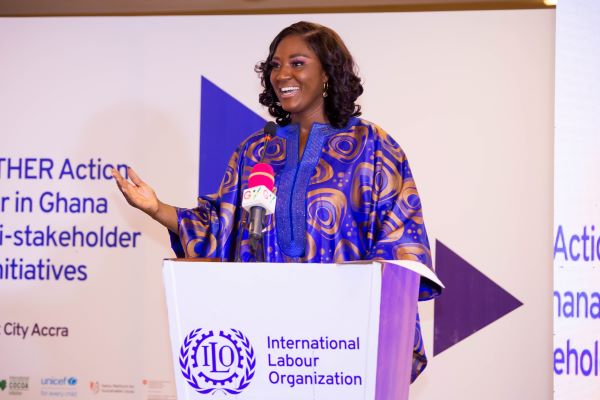
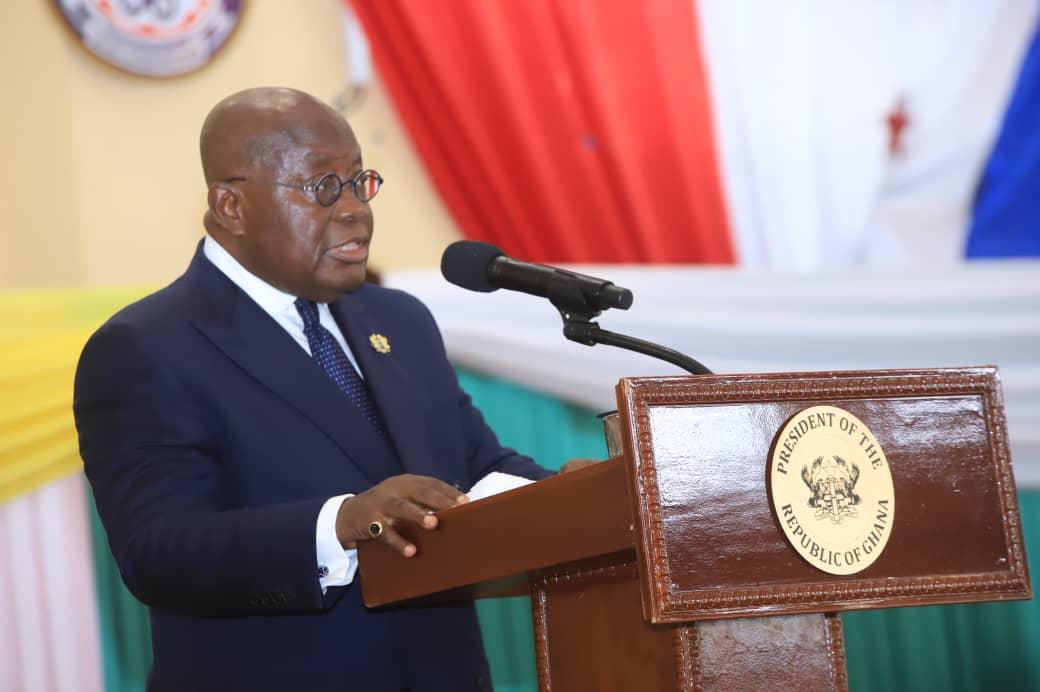











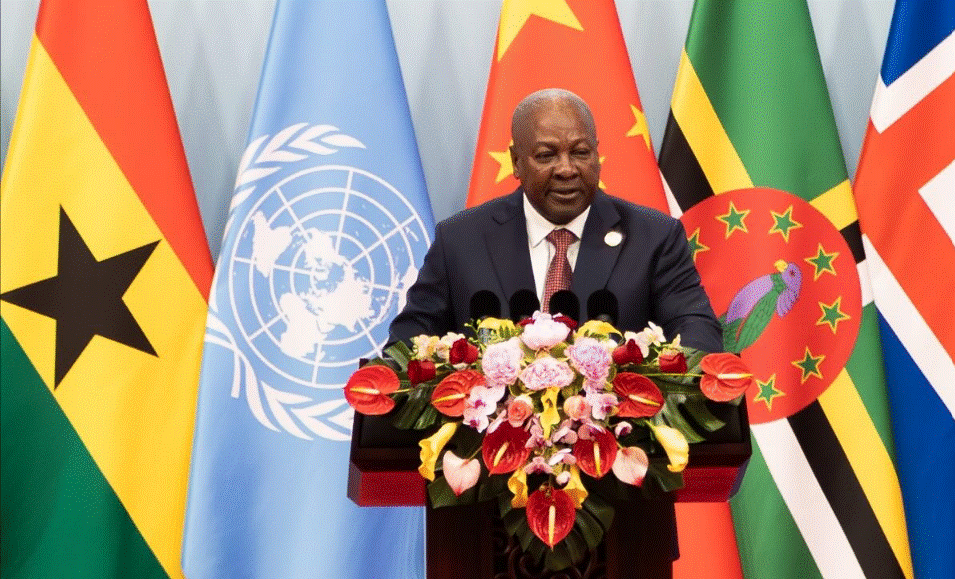


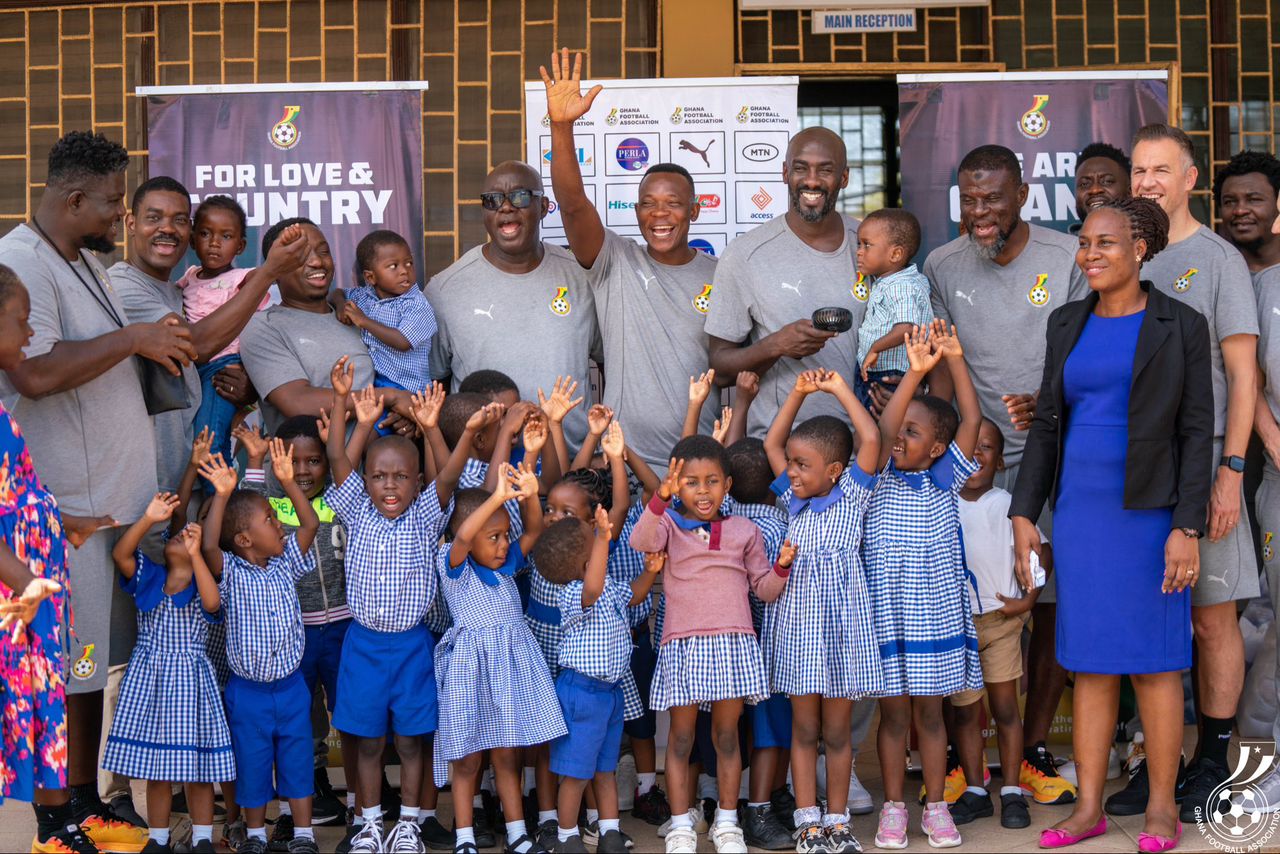
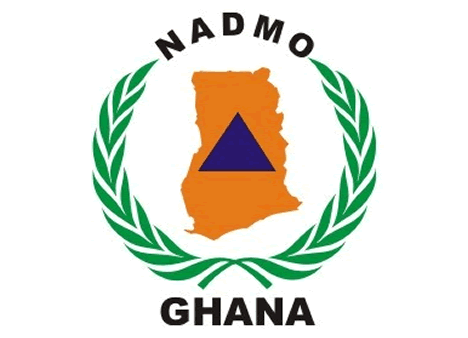


Facebook
Twitter
Pinterest
Instagram
Google+
YouTube
LinkedIn
RSS